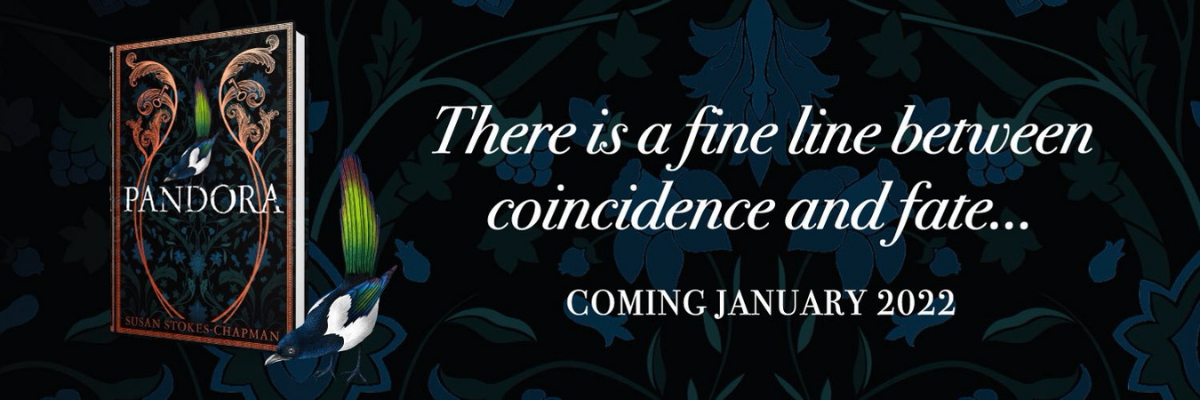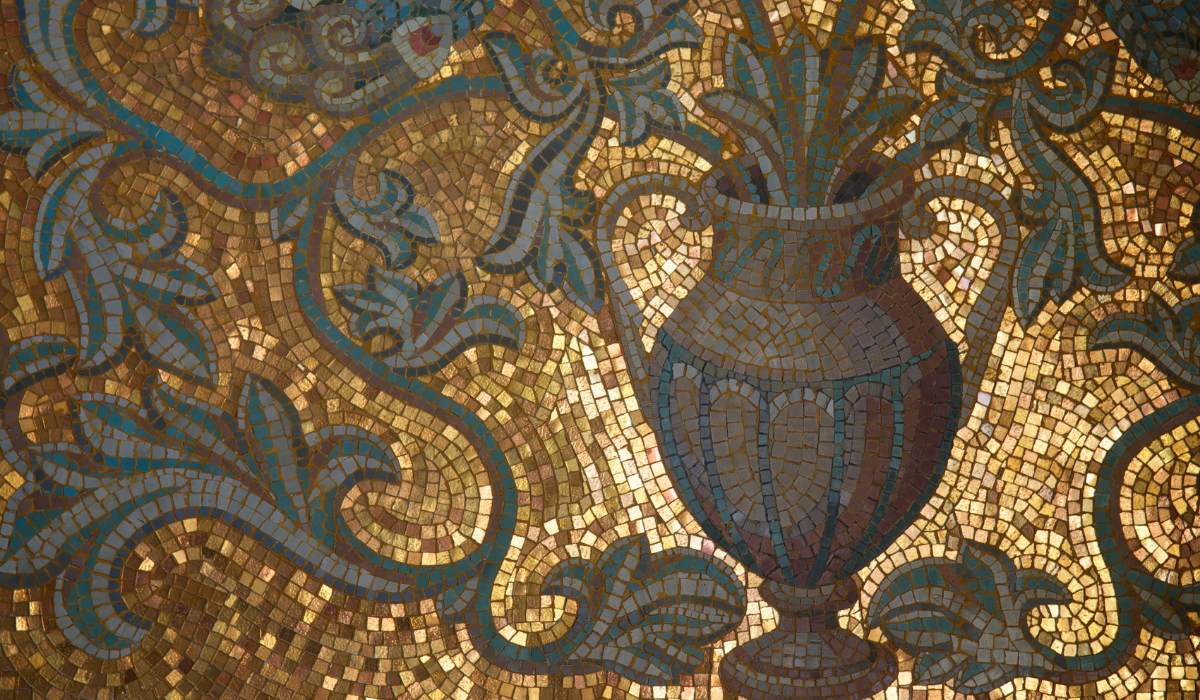An interview with Susan Stokes-Chapman, author of Pandora, shortlisted at the 2020 Fiction Prize.
How and when did you get into writing and have you taken any formal qualifications?
I always had an active imagination growing up. I think I spent more time with my head in a book than doing anything else (books were more fun than real life), and the first definitive novel that probably planted the writing seed in my mind was L. M. Montgomery’s Anne of Green Gables. However, the writer who made me fall in love with historical fiction was an American author - Shirlee Busbee. She wrote what my mum refers to as ‘corset rippers’ in the 70s, but Busbee was the queen of creating a believable romance around a sweeping historically accurate backdrop and it was her amazing level of research that drew me in – it just jumped beautifully from the page without sounding like a history book. So, while I started writing on and off from a very early age, it was only when I ‘found’ Busbee’s novels aged around 14 that I knew I wanted to be an historical fiction author. I studied English Literature as an undergraduate at Aberystwyth University, before moving on to study an MA in Creative Writing. I learnt a lot from that course - my love of the Georgians was heightened by my introduction to Romanticism, and the modules gave me some fantastic insight into how to edit my work with a critical eye, it exposed me to a wide variety of genres, and it helped me understand the nuances of different literary forms. I must say though that while I loved the course, it did not 'make' me a writer. Only writing itself did that. Having a degree is a brilliant tool to help expand your knowledge and hone your skill for long-form writing (there is a dissertation at the end), but it's not the be all and end all. Please don't let anyone tell you you need a degree to write or get published - it's absolutely not true.
What inspires you to write and what do you love writing about?
I'm a big reader of historical fiction anyway, and as a general rule this is what I exclusively read because it is what I enjoy the most, so it makes sense that other authors influence me indirectly (and there really are too many to name). Early Gothic fiction in particular though is definitely up there as a key inspiration to my writing, such as Charlotte Bronte's Jane Eyre. I'm also a very visual person - I've got quite a few eighteenth-century prints on the wall near my desk, have an obsession with old maps, and when the tank is running a little empty I will put a period drama on the telly. That usually helps twig an idea or fuel a stagnant one. My passion for the Georgian era began when I watched the 1995 adaptation of Pride & Prejudice, but it wasn't just the elegance and romance of it that drew me in. I was fascinated by the seedier details of Austen's work - the dark underbelly of the Georgian era, the world beneath the gentility, and I suppose this sparked my interest in writing about the underdog, the lives of those who aren't as privileged as the Darcys, Bingleys and Bennets. Pandora's Dora and Edward evolved from that interest - I wanted to create characters that readers could associate with, even if it was only in some small way.
How did you hear about the Lucy Cavendish Fiction Prize and what made you enter?
I saw the prize advertised on Twitter, and I actually entered it in a previous year with another novel I wrote (which is currently shelved). Obviously that novel didn't make the longlist, but it did mean I'd already got the competition on the radar for my next attempt. I knew that - for unpublished writers - one of the best ways to get noticed was to make a longlist for a competition, so I submitted Pandora in the hope it would make the list. I never expected it to though!
How did you feel when you were selected for the longlist and then the shortlist?
Shocked at first! Then, of course, thrilled. I was actually really stuck with Pandora at the time I heard (it had been floundering at the 50k mark at the time), but making the longlist pushed me to finish the novel. Due to the pandemic the shortlisting was postponed a few months by which time I'd already secured Harvill Secker as my publisher, but I was so chuffed to have made the shortlist - it was the icing on the cake.
Has being involved with the Fiction Prize helped your writing career?
My career - even though it is still in its early stages - really took off with Pandora. Making the longlist of the Lucy Cavendish Fiction Prize helped bring me to the attention of agents and other writers, and when it came to submitting the novel to agents later that summer, being able to list this credential in my cover letter really helped grab their attention. I genuinely think making the longlist sped up the process of finding both an agent and a publisher, and I couldn't be more thankful to the judges for making all this possible.
What advice would you give other aspiring writers about their writing careers and then more specifically about entering the Fiction Prize?
It's so cliche, but my advice is never to give up. I am extremely stubborn, and if I had listened to all the people who told me I was wasting my time, or thought it was a phase or hobby that would pass, if I had listened to all those who thought my dream was an impossible one or a joke ... well, I wouldn't be where I am today. I worked hard for this with everything I had in me, and I'm proud that I persevered. So if you want it - truly want it - keep writing, don't give up. And while you're writing and not giving up, enter as many competitions as you can! I've lost track of the amount I entered before (and with) Pandora that didn't even make a miniscule splash in the water, but those 'failures' are not failures; they are simply one way your shot didn't hit its mark that time, and you can learn from each attempt. Sometimes you only need one competition to recognise your talents ... the Lucy Cavendish Fiction Prize could be the one to recognise yours.
Susan is on Twitter @SStokesChapman and you can check her website at https://www.susanstokeschapman.com/
Susan's book Pandora is available here.





